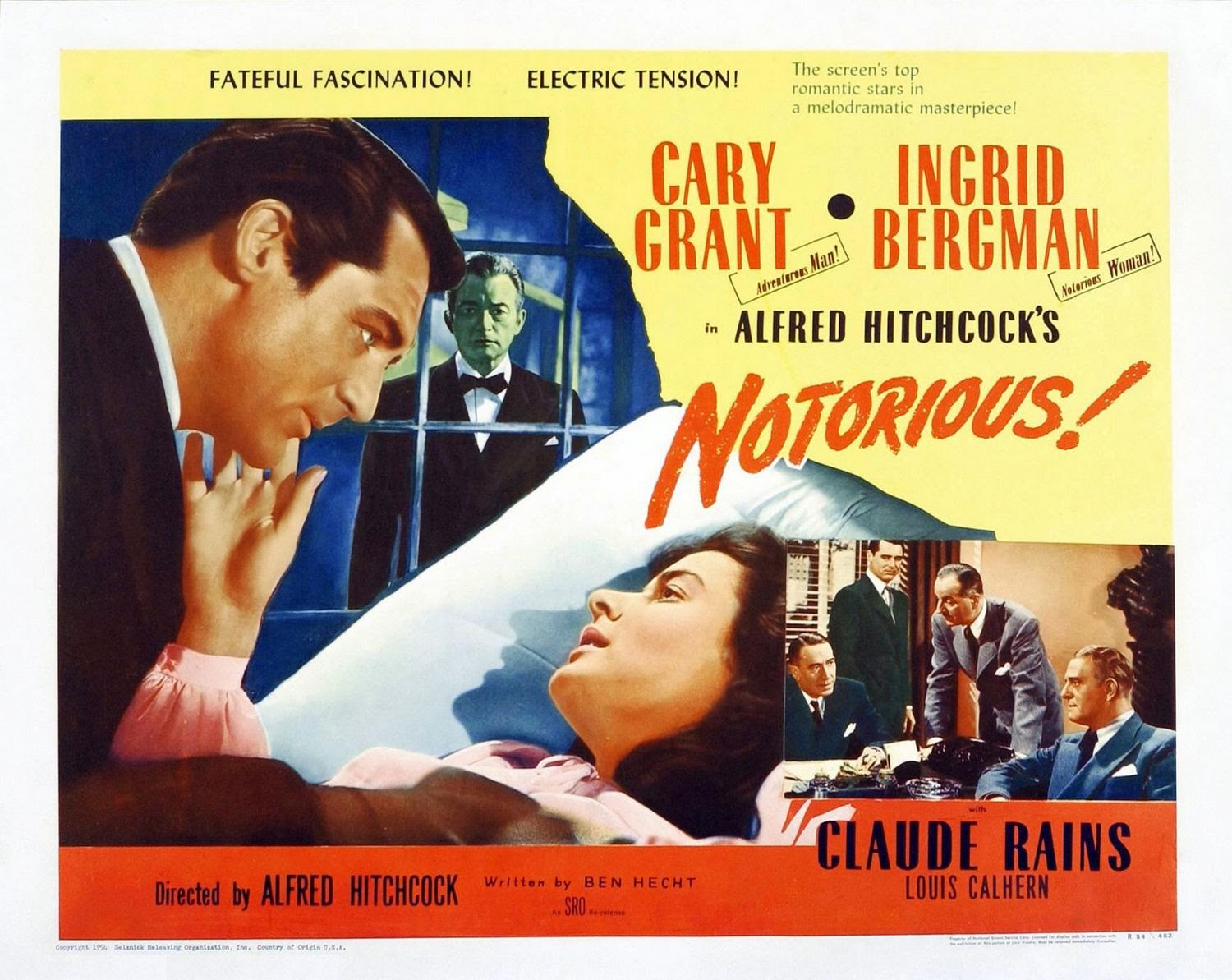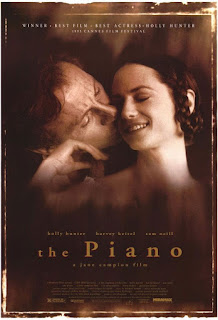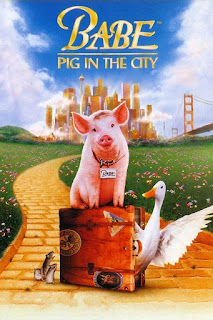April 7th: NOTORIOUS (Alfred Hitchcock, 1946)
The daughter of a Nazi spy is persuaded to seduce one of her father's friends and infiltrate his organization, while the American agent in love with her helplessly looks on.
British director Alfred Hitchcock was well into his Hollywood tenure by 1945, having directed 8 studio films in just 5 years, including the gothic Best Picture-winner Rebecca. Fresh off working with Ingrid Bergman (at this point one of the biggest stars in the business) on Spellbound, Hitchcock was eager to use the versatile actress for a completely different role: a woman of ill repute brought into the world of espionage.
Despite World War II having just ended, the subject of renegade Nazis was one that attracted audiences, and the recent dropping of atomic bombs on Japan made the story's uranium element a topical one. To write the screenplay, Hitchcock reconnected with previous collaborator Ben Hecht, a two-time Oscar-winner who had proven himself adept at every genre.
Controlling producer David O. Selznick, busy with his own obsessive project, sold the package of Notorious to competing studio RKO, which resulted in Hitchcock taking over his responsibilities and having much more control over every aspect of the production. His final masterstroke was insisting on the casting of Cary Grant (who had appeared in the director's Suspicion in 1941), playing against type and without his usual charm and loose physicality.
Running time is approx. 100 minutes.










Comments
Post a Comment